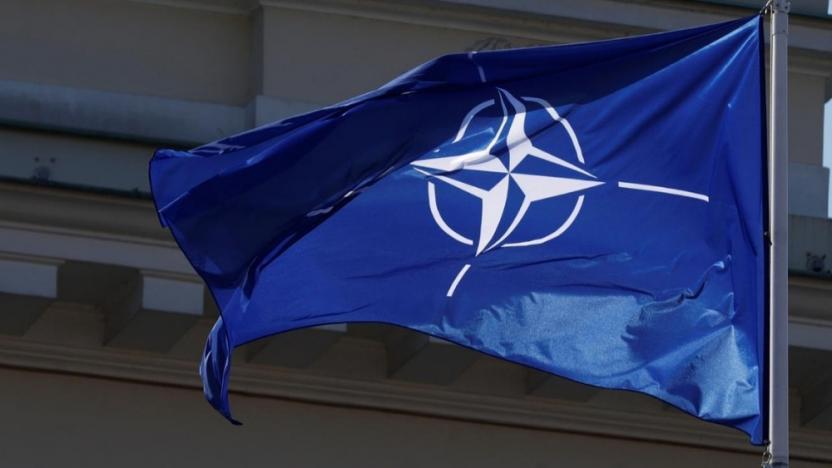
Sweden takes Turkey’s terrorism concerns very seriously and will bring tougher anti-terrorism legislation into force as of July 1, Swedish Prime Minister Magdalena Andersson has said in a joint press conference with NATO Secretary-General Jens Stoltenberg.
NATO chief held a two-day trip to Finland and Sweden to discuss terrorism concerns of Turkey, which rejects both countries’ NATO bid, accusing them for providing a safe haven for the PKK terrorist organization.
“We take the Turkish concerns very seriously, not least the security concerns when it comes to the fight against terrorism,” Andersson said at a press conference held on her summer residence Harpsund on June 13, and added that her “ambition is that we should have these matters resolved.”
She noted that tougher anti-terrorism legislation was scheduled to come into force in Sweden on July 1, and said Sweden’s independent weapons export agency would be prepared to review its policy once the country was a NATO member.
Stoltenberg, for his part, said he was “glad” that the Swedish government has confirmed its “readiness to address Turkey's concerns as part of assuming the obligations of future NATO membership.”
Stoltenberg said Sweden “has already started to change its counter-terrorism legislation” and that the Scandinavian country “will ensure that the legal framework for arms exports will reflect their future status as a NATO member with new commitments to allies.”
“These are two important steps to address the concerns that Turkey has raised,” he said.
“The aim is to solve those issues as soon as possible, to be able to welcome Finland and Sweden as full members as soon as possible,” he said.
Stoltenberg declined to say whether the matter should be resolved before the NATO summit in Madrid on June 28 or before the Swedish Parliament election on Sept. 11. Sweden and Finland have been invited to attend the meeting in Spain.
Stressing that NATO allies had provided key assurances to protect Sweden in the interim period before it becomes a full member and can benefit from the alliance’s Article 5 mutual defence agreement, Stoltenberg noted, “Seen from a security perspective, Sweden is in a better place now than before it applied. NATO allies responded by... issuing security assurances to Sweden,” citing the U.S. and the U.K. in particular.
He said that if the Scandinavian country were attacked, it was “unthinkable that NATO allies would not react. That is a message that NATO allies have conveyed in a very clear way to any potential adversary.”
After June 13’s talks, Stoltenberg and Andersson went for a boat ride in the lake next to a Swedish government manor southwest of Stockholm.
On June 12, Stoltenberg met with Finnish President Sauli Niinisto in Finland, saying that Turkey has “legitimate concerns” over terrorism and other issues that need to be taken seriously.
After decades of military non-alignment, Russia’s war in Ukraine pushed Finland and Sweden to apply to join NATO in May.
Turkish President Recep Tayyip Erdoğan, however, accuses the Nordic nations of supporting the PKK terrorists and has vetoed their entry into the alliance until they change their policies.